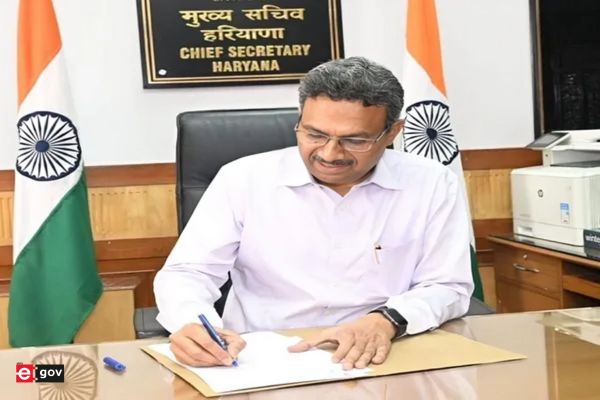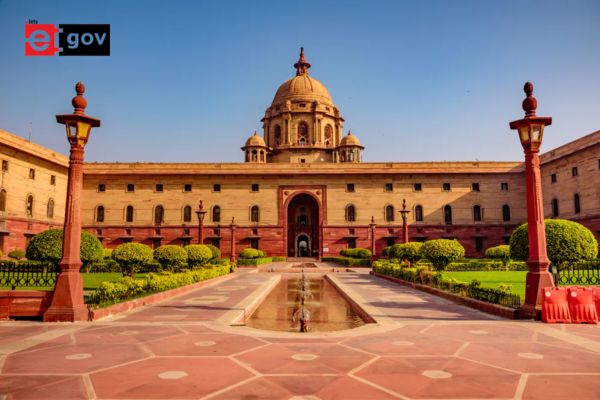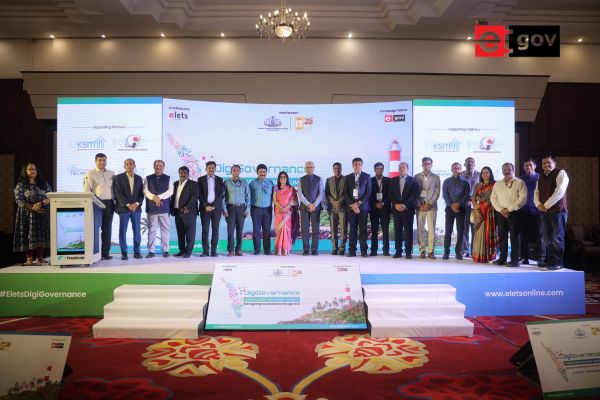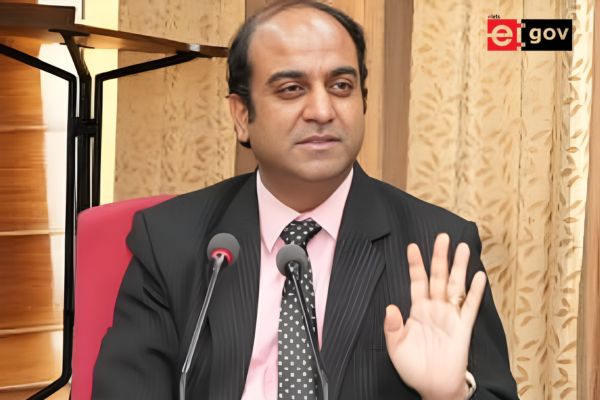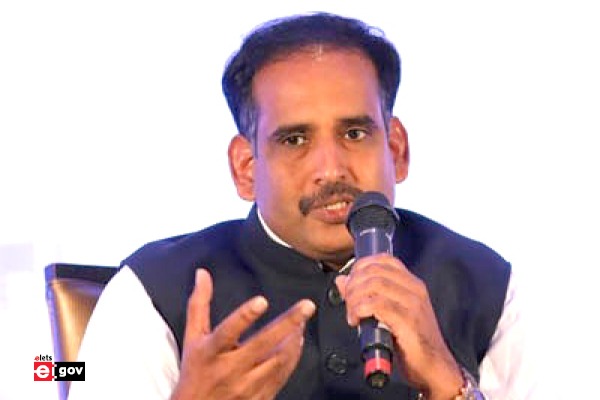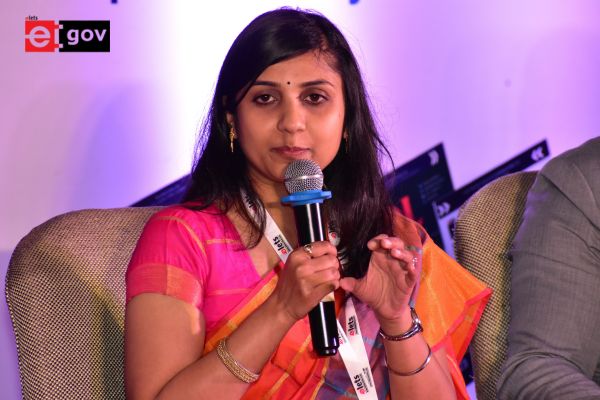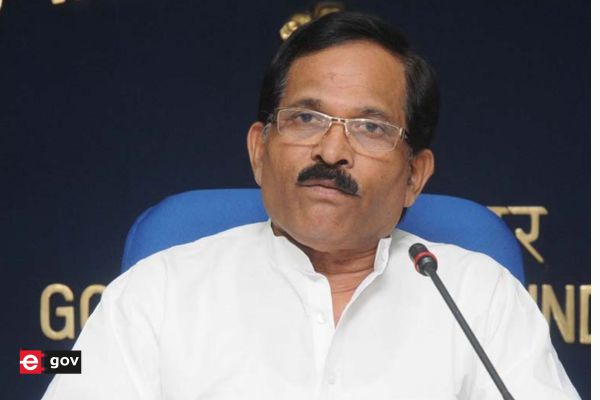
India is rapidly advancing towards a sustainable energy future, with clean energy sources projected to contribute 64.4% of the country’s total installed capacity by 2029-30. Union Minister of State for New and Renewable Energy and Power, Shripad Yesso Naik, shared this vision in the Lok Sabha on 27 November 2024, citing the National Electricity Plan.
To meet a peak demand of 334.8 GW and an energy requirement of 2,279.7 billion units by 2030, India’s installed capacity is expected to reach 777,144 MW. Of this, 500,637 MW will come from non-fossil sources, including solar (292,566 MW), wind (99,895 MW), hydro (53,860 MW), nuclear (15,480 MW), and biomass (14,500 MW), alongside a battery storage capacity of 41,650 MW/208,250 MWh.
Solar Energy Initiatives: PM-Surya Ghar Yojana and PM-KUSUM

India’s rooftop solar sector has made significant strides, with 616,019 installations under the PM-Surya Ghar: Muft Bijli Yojana as of November 2024. The scheme, accessible through a national portal, enables residential consumers to register, apply, and receive subsidies directly into their bank accounts after installation and inspection by the utility.
Under the PM-KUSUM scheme, 1,302,327 solar pumps have been allocated, based on state demands. Of these, over 540,499 pumps have been installed by October 2024, further empowering farmers with sustainable irrigation solutions.
Scaling Fortified Rice Distribution and Solar PV Investments

India has achieved 100% coverage in fortified rice distribution under government schemes as of March 2024, ensuring enhanced nutrition for millions. The initiative was implemented in phases, starting with the Integrated Child Development Scheme (ICDS) and PM-POSHAN, and later expanding to all districts under the Targeted Public Distribution System.
In the solar PV sector, the Production Linked Incentive (PLI) scheme has spurred investments worth ₹35,000 crore, boosting manufacturing capacity and creating 10,000 direct jobs. India’s renewable energy capacity has reached 60.5 GW, marking substantial progress.
Punjab’s Solar Rooftop Achievements
Punjab has added 200.32 MW of grid-connected solar rooftop capacity between 2022-2024, showcasing significant growth compared to previous years. This underscores the state’s commitment to expanding renewable energy infrastructure.
India’s focus on clean energy, innovative solar programs, and fortified nutrition initiatives reflects its dedication to sustainable development and self-reliance, aligning with global climate goals.
Be a part of Elets Collaborative Initiatives. Join Us for Upcoming Events and explore business opportunities. Like us on Facebook , connect with us on LinkedIn and follow us on Twitter, Instagram.
"Exciting news! Elets technomedia is now on WhatsApp Channels Subscribe today by clicking the link and stay updated with the latest insights!" Click here!




